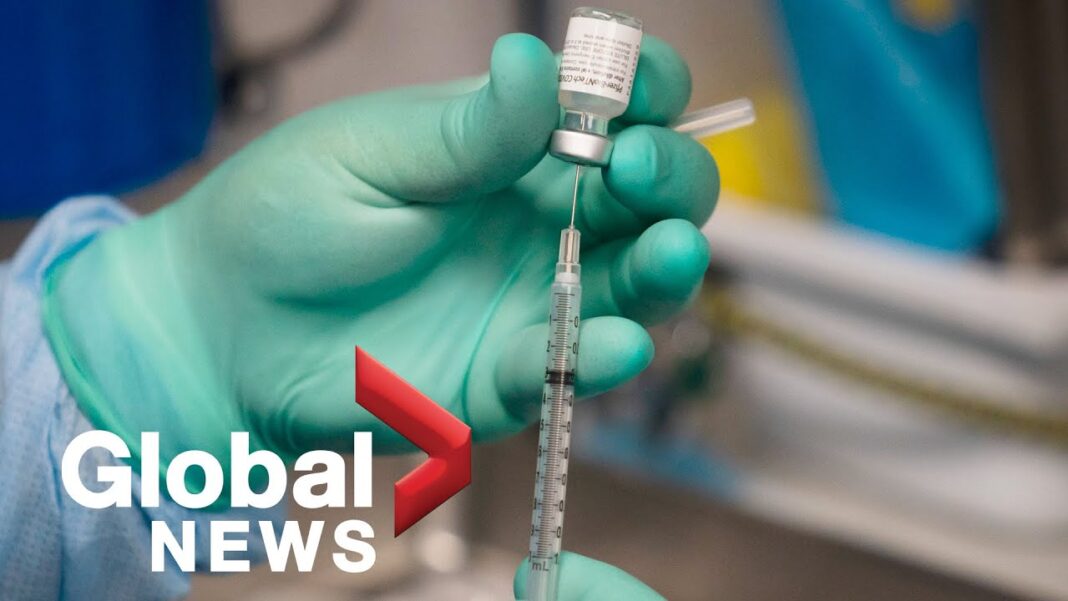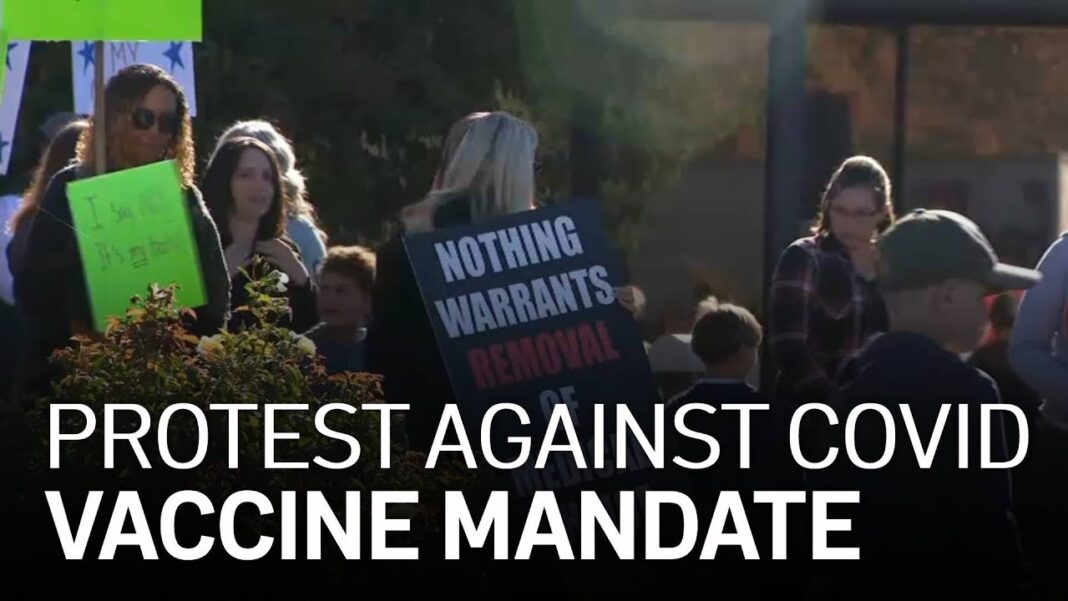
New research released by the Centers for Disease Control and Prevention (CDC) shows that individuals who were previously infected with COVID-19 or who got the vaccine have a low risk of being re-infected for at least six months.
Citing peer-reviewed and preprint data, the agency said the available evidence suggests “fully vaccinated individuals and those previously infected with SARS-CoV-2 each have a low risk of subsequent infection for at least 6 months,” referring to another name for the CCP (Chinese Communist Party) virus that causes COVID-19.
It noted, however, that the data is “presently insufficient to determine an antibody titer threshold that indicates when an individual is protected from infection,” noting that there is no Food and Drug Administration-approved test that can reliably determine whether one is protected against a subsequent COVID-19 infection.
There is a “wide range of antibody titers” in response to a prior COVID-19 infection, the agency added, but “completion of a primary vaccine series, especially with mRNA vaccines, typically leads to a more consistent and higher-titer initial antibody response.” Pfizer’s and Moderna’s COVID-19 vaccines both use mRNA technology.
In the brief, the agency said there was not enough data to extend its findings to infection-induced immunity to individuals with very mild or asymptomatic COVID-19 or children.
“Substantial immunologic evidence and a growing body of epidemiologic evidence indicate that vaccination after infection significantly enhances protection and further reduces risk of reinfection, which lays the foundation for CDC recommendations,” the CDC concluded.
While the CDC has pushed for everyone, regardless of age or if they’ve been previously infected, to get the COVID-19 vaccine, some experts have argued that those who have natural immunity have less need—or no need—to get vaccinated. A number of studies have also suggested that a previously acquired COVID-19 infection provides strong protection.








